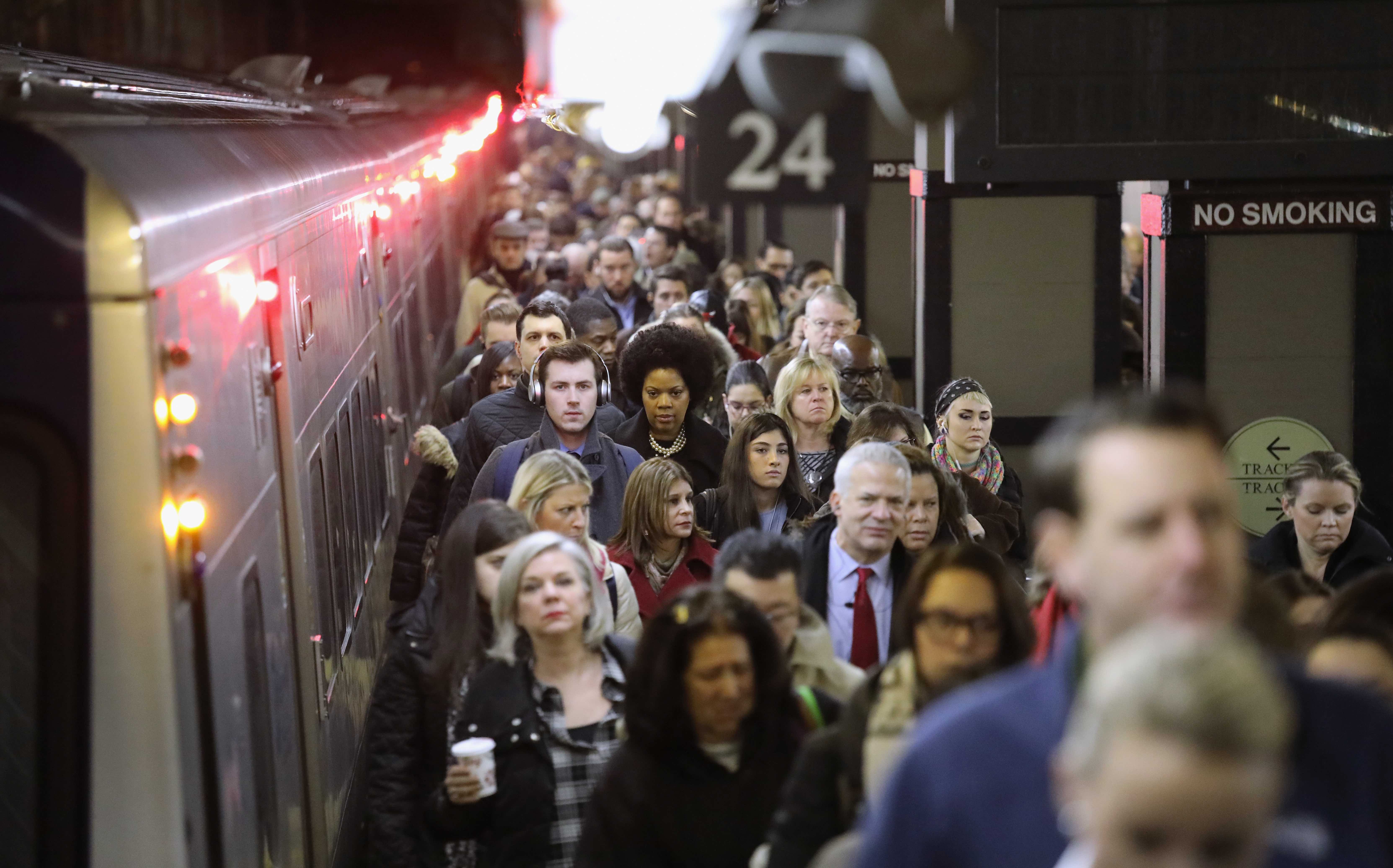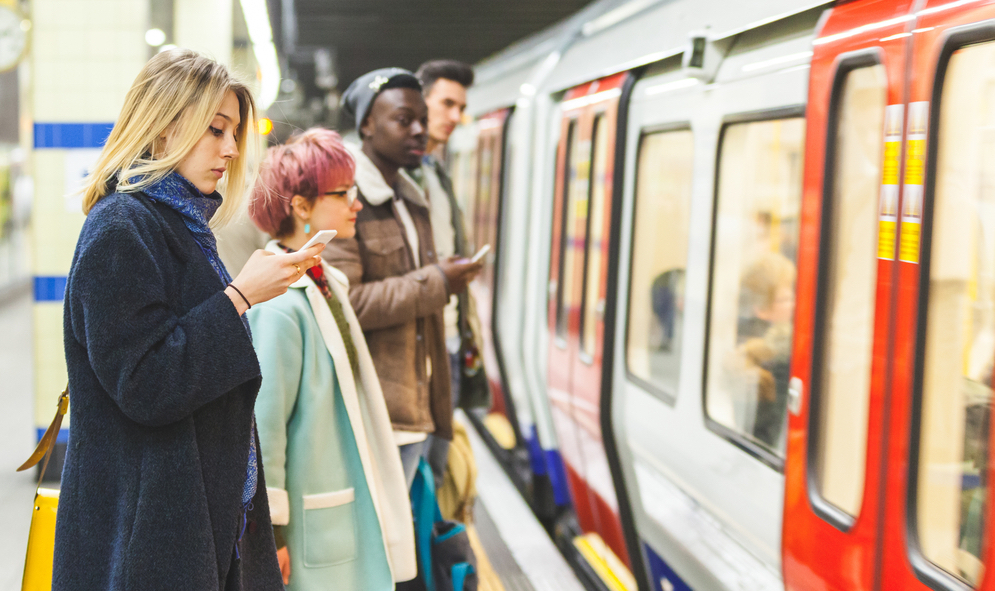
Environment
How commuting is transforming our cities

Our daily commute is transforming our relationships, how we work and what we want from our cities
Published 13 September 2018

Environment
How commuting is transforming our cities
In his new book, Transit Life published by MIT Press, Associate Professor David Bissell encourages us to think about how we use our daily commute, and it is shaping our relationships, how we work and how we build our cities.
Episode recorded: August 21, 2018
Interviewer: Steve Grimwade
Producers: Dr Andi Horvath, Chris Hatzis and Silvi Vann-Wall
Audio engineer and editor: Chris Hatzis
Banner image: Shutterstock
Subscribe to Eavesdrop on Experts through iTunes.